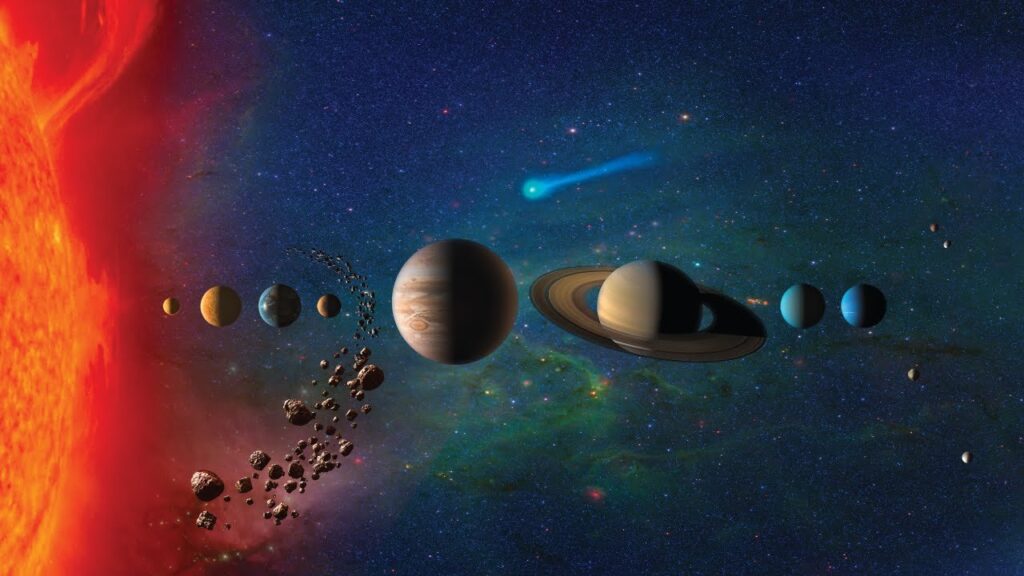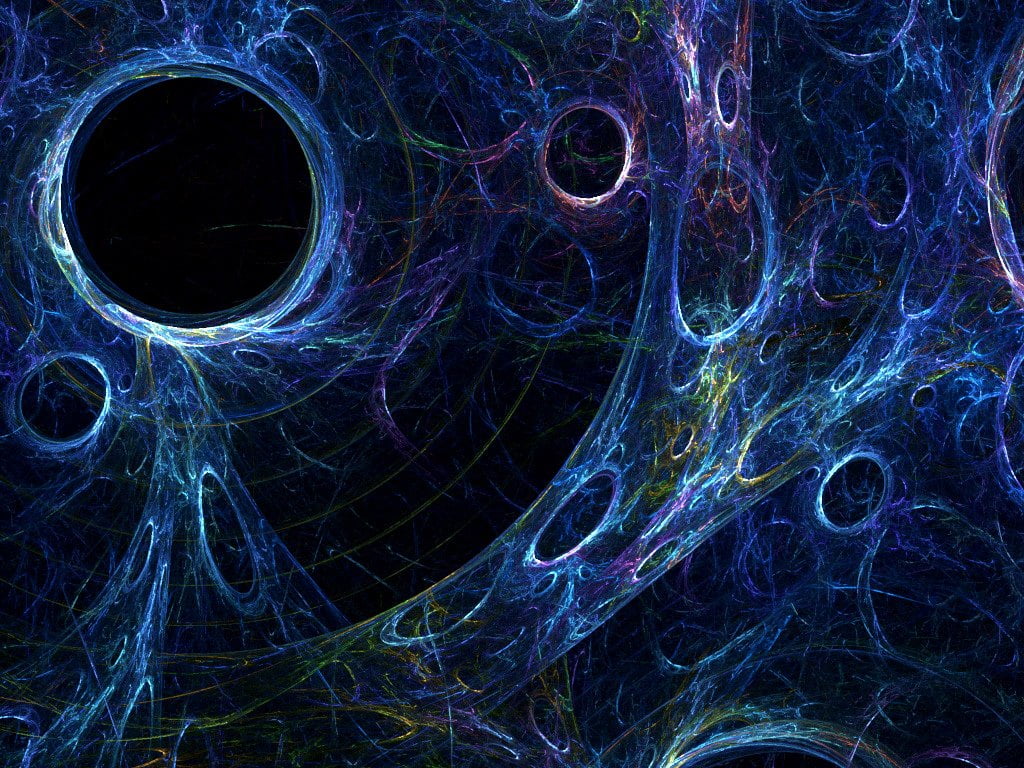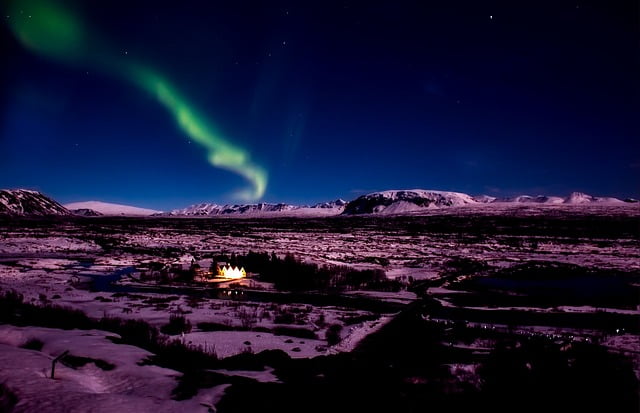Wonders of Nature Where Science Fails
Nature WorldWide September 28, 2023 0
Nature is full of wonders that often leave us in awe and wonderment. While science strives to understand and explain the natural phenomena around us, there are still certain aspects of nature that remain mysterious and defy scientific explanations. These are instances where science falls short in providing a comprehensive understanding of the wonders of the natural world. Here are a few examples:
Top Wonders of Nature Where Science Fails
- The Origin of Life
- Consciousness
- Dark Matter and Dark Energy
- Quantum Mechanics and Uncertainty
- Extraordinary Animal Abilities
- The Human Brain and Consciousness
- Placebo Effect:
- Intuition and Gut Feelings
- Synchronized Natural Phenomena
- Mysteries of the Deep Sea
Nature Where Science Fails
1. The Origin of Life:
One of the greatest mysteries that science has yet to fully unravel is the origin of life itself. While scientific theories and hypotheses exist, the exact mechanisms by which life emerged from non-living matter on Earth remain uncertain.

The precise combination of factors and conditions necessary for the formation of the first living organisms is still a subject of ongoing research and debate.
Read More: 12 Most Amazing Natural Wonders That Exist in India
2. Consciousness:
The nature of consciousness and how it arises from the physical brain is a profound mystery that science has yet to fully comprehend.

While scientific studies have shed light on the neural correlates of consciousness, the subjective experience of being conscious and the nature of self-awareness remain elusive. The phenomenon of consciousness continues to challenge scientists and philosophers alike.
3. Dark Matter and Dark Energy:
Despite significant progress in our understanding of the universe, the nature of dark matter and dark energy remains one of the biggest mysteries in astrophysics.

Dark matter is believed to make up a significant portion of the universe’s mass, yet its exact composition and properties are unknown. Dark energy, on the other hand, is thought to be responsible for the accelerating expansion of the universe, but its origin and nature remain elusive.
Read More: Scientific Reason Behind Dogs Being So Friendly
4. Quantum Mechanics and Uncertainty:
Quantum mechanics, the branch of physics that deals with the behavior of particles at the smallest scales, introduces a level of uncertainty and paradox that challenges our understanding of reality.

Concepts such as superposition and entanglement defy classical notions of cause and effect, and the exact interpretation of quantum mechanics is still a subject of intense debate among physicists.
5. Extraordinary Animal Abilities:
Nature is home to animals with extraordinary abilities that surpass our scientific understanding. For example, some birds possess a remarkable sense of navigation, allowing them to undertake long-distance migrations with pinpoint accuracy.

The ability of certain animals to regenerate limbs or organs, navigate using Earth’s magnetic fields, or exhibit complex behaviors that seem beyond their cognitive capabilities remains mysterious.
Read More: Why Are There More Natural Disasters Now Compared To Before?
6. The Human Brain and Consciousness:
The human brain, with its billions of interconnected neurons, remains a complex enigma. While advances in neuroscience have unraveled many aspects of brain structure and function, the relationship between the physical brain and consciousness is not fully understood.

The emergence of subjective experience and the complexities of human cognition pose significant challenges to scientific explanation.
7. Placebo Effect:
The placebo effect is a fascinating phenomenon where a person experiences real improvements in their health or well-being after receiving treatment with no active therapeutic properties.

The power of belief and the mind’s ability to influence the body’s response to treatment are not yet fully understood by science. Understanding the underlying mechanisms and harnessing the placebo effect for medical benefit are ongoing areas of research.
Read More: 10 Human Problems That Only Nature Can Solve
8. Intuition and Gut Feelings:
Intuition and gut feelings are common experiences that often guide our decision-making processes. Despite their prevalence, the exact mechanisms underlying these intuitive processes and how they relate to conscious reasoning remain unclear.

The interplay between conscious and unconscious processes in decision-making and the intuitive leaps made by experts in various fields continue to be topics of scientific inquiry.
9. Synchronized Natural Phenomena:
Nature often exhibits synchronized phenomena, such as the simultaneous flashing of fireflies or the coordinated movements of fish in a school.

These instances of collective behavior and synchronization, known as emergent properties, arise from the interactions of individual entities but cannot be fully explained by studying each entity in isolation. Understanding the underlying principles that give rise to these synchronized behaviors remains a challenge.
Read More: 12 Effects of Natural Resource Depletion on Human Life
10. Mysteries of the Deep Sea:
The depths of the ocean remain largely unexplored, and the creatures that inhabit these extreme environments often defy scientific expectations.

From deep-sea creatures with bioluminescent abilities to species that survive under extreme pressure and temperatures, the mysteries of the deep sea continue to amaze and baffle scientists.




